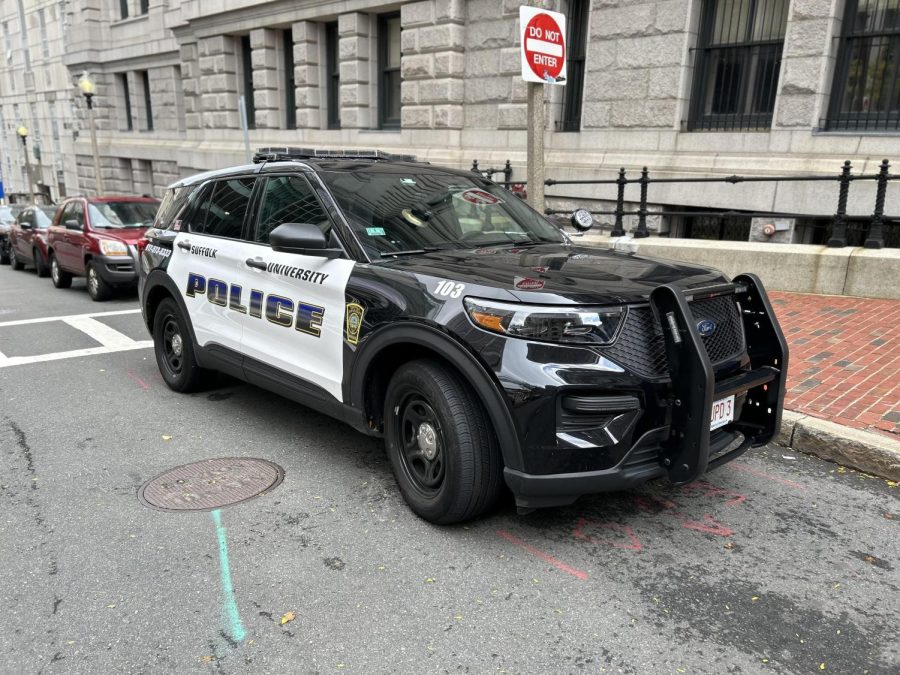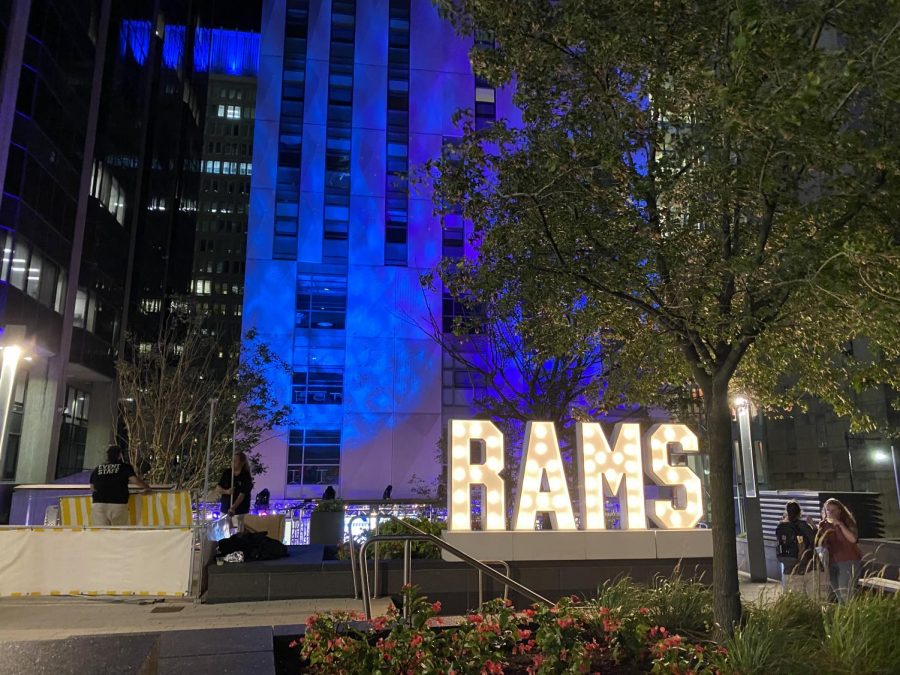Back in August, The Boston Globe broke the story regarding Westfield State University President Evan S. Dobelle racking up more than $200,000 on his university-issued credit card he was awarded in 2008. His charges over the years included an $8,000 four-night stay at the Mandarin Oriental Hotel in Bangkok, Thailand and $4,000 for limousine rides in ’08. Dobelle denied these allegations on NECN’s “Broadside” show. In what feels like a gut-reaction to these events at Westfield, Suffolk University has removed almost all of the credit cards formerly issued to departments and student groups. It’s understandable that Suffolk would want to limit the access to university funds to prevent frivolous spending.
The issue is the fact that limiting access to the remaining credit cards is going to make formerly easy tasks that much more difficult. Through the old system, whenever a student club wanted to access its money, it would simply go down to Student Leadership or the Student Government Association to grab the credit card. This allowed the group to pay for whatever it was purchasing in a timely and efficient manner. To the Journal’s knowledge, there have been no controversies from clubs fraudulently spending money at least over the last three years.
For student groups, or even department heads, to access their funds, they will now need to weave their way up the Suffolk chain of command. This process will surely take more time than the previous method and create unnecessary additional tasks for those holding onto these cards.
The other issue to keep in mind is the fact that, unlike Westfield State, Suffolk is a private university that does not take public funds. If Dobelle did rack up the bill he did with his Westfield credit card; he was effectively using taxpayer dollars for his alleged nights at the Mandarin. If a student group president or department chair at Suffolk had spent thousands of dollars on their issued credit cards, it would simply be taking from the university. That’s not exactly a much better scenario, but it’s at least one that doesn’t hurt every taxpayer in the state in some way. Suffolk would also surely be able to tell if copious amounts of funds were leaving its account for unauthorized purchases.
Losing easy access to these university credit cards will quickly become a burden on all those affected. Those in charge of letting groups and departments use this account will soon realize how tedious it is to have to give the green light to access the cards. Individuals or groups who need to access these cards on a frequent basis will surely be frustrated with the channels that it will take to get this green light. The fact that frivolous use of these cards has not been an issue at Suffolk also shows that those that once held their own cards were responsible with them. There’s no reason to essentially punish many Suffolk students and faculty for an alleged situation at a different, public university.







